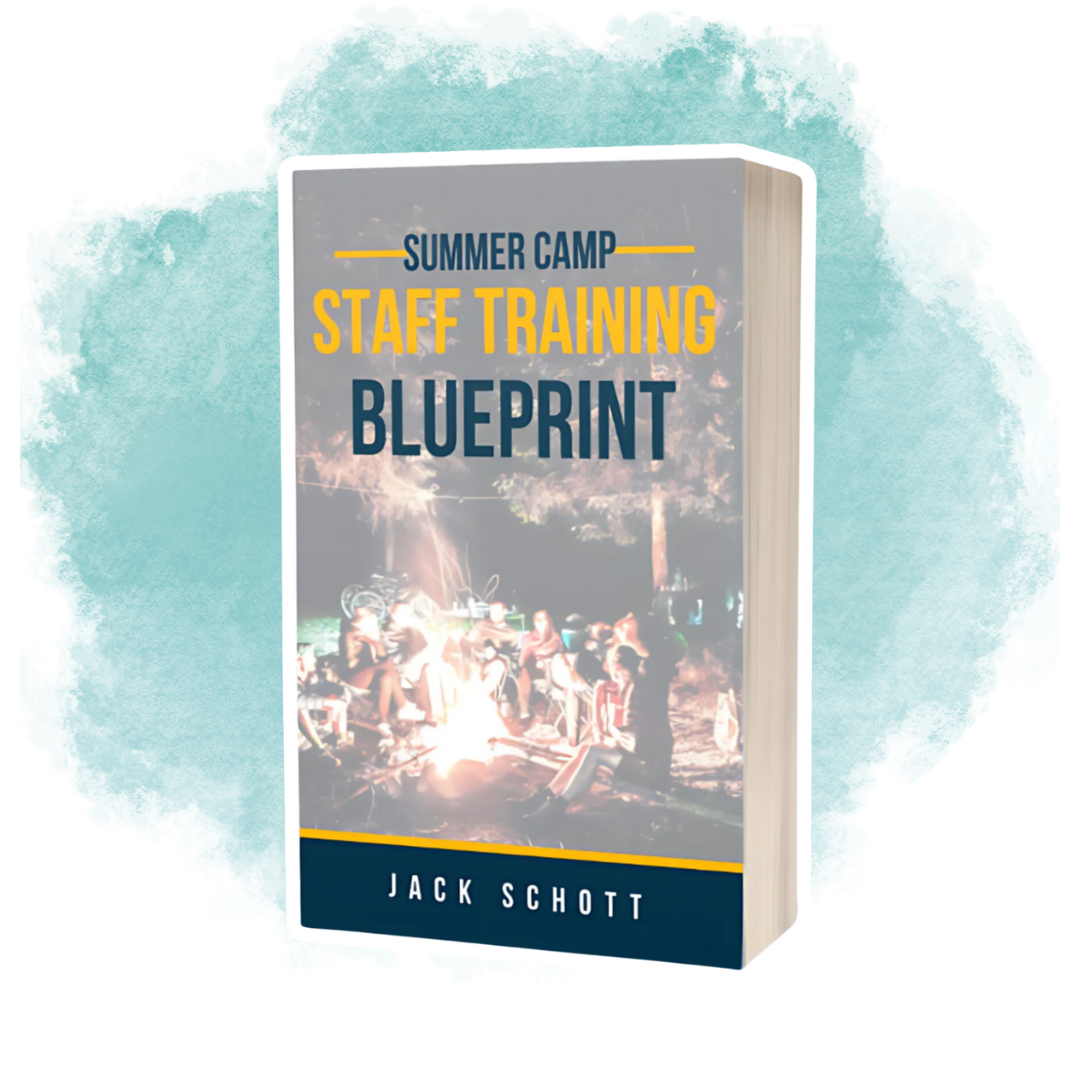4 Ways to Include Anti-Racism in Your Summer Camp Staff Training
Camp training is right around the corner - maybe starting this week. If you haven’t thought about how to include Diversity, Equity, Inclusion & Justice in your camp training, it's not too late.
Anti-racism training is crucial for summer camp staff as it helps create an environment that celebrates diversity and supports campers from all backgrounds. By equipping camp staff with the necessary knowledge, skills, and strategies to address and combat racism, summer camps can serve as powerful catalysts for social change.
By fostering an anti-racist mindset, staff members can actively challenge biases, stereotypes, and discriminatory behaviors, ensuring a safe and inclusive space for campers.
Four topics to include in your staff training:
Acknowledging the existence of racism, both interpersonal and systemic, and how it manifests at camp.
Uncovering biases, especially unconscious, that influence how everyone at camp treats one another.
Communication and conflict resolution training that includes tools for navigating conversations about race, and creating a safe space for campers to express experiences and concerns.
Training to be proactive bystanders enables staff to intervene when witnessing racist incidents or microaggressions. This empowers campers and staff alike, making it clear that racism will not be tolerated and everyone has a responsibility to challenge it.
Acknowledging the existence of racism, both interpersonal and systemic, and how it manifests at camp
Understanding our own identity, intersectionality, and privilege is the first step to training in anti-racism and inclusion. This may involve engaging in activities and discussions that explore different aspects of identity, such as race, ethnicity, gender, sexual orientation, ability, and socio-economic status. This must be done in a way that does not cause more harm to those with marginalized identities by amplifying the oppression they may have faced in the past.
When camps are willing to have the difficult conversations about the history of the Summer Camp industry and its racial backgrounds, we can start to move towards a more inclusive environment for all campers, especially those who have been historically excluded from camp. Starting camp training with an acknowledgment of the privilege that allows most campers to attend in the first place, we can start to move towards inclusion of more campers.
Uncovering biases, especially unconscious, that influence how everyone at camp treats one another
Understanding our own identity, intersectionality, and privilege is a powerful first step. This may involve engaging in activities and discussions that explore different aspects of identity, such as race, ethnicity, gender, sexual orientation, and socio-economic status.
Everyone shows up to camp with biases. There are plenty of explanations of how and why these biases are developed, and myriad ways they impact our actions everyday. Biases in camp show up in how we distribute attention, opportunities, resources, and recognition at camp. We will never rid ourselves of bias totally, but when we start to recognize how our biases influence how we treat each other, we can mitigate the damage.
Communication and conflict resolution training that includes tools for navigating conversations about race, and creating a safe space for campers to express experiences and concerns
Training our counselors in behavior management and conflict resolution must include discussions about how our biases impact how we view campers’ behaviors. Equity must be a leading policy when deciding how and when to deal with problematic behavior. The Summer Camp Society’s training in Restorative Justice is one way to include anti-racism in your summer camp training.
Training to be proactive bystanders enables staff to intervene when witnessing racist incidents or microaggressions
Finally, we must train our staff to recognize and respond to microaggressions or racist acts. We must promote a culture where everyone is willing and able to disrupt behaviors in campers, other counselors, or administration. We must learn to hear each other when we give feedback on behavior and work to correct ourselves.
it matters
By prioritizing anti-racism training in summer camp staff development, camps can become powerful platforms for fostering inclusivity, empathy, and understanding among counselors and campers. Such efforts have the potential to create a generation of young people who are equipped to challenge racism, promote equity, and build justice.
want more like this delivered to your inbox?
LEILANI NUSSMAN
Summer Camp and Extended Learning Director, NORTHWEST SCHOOL
Leilani can be reached at lnussman@gmail.com.
“I am a mixed-race Kanaka maoli (Hawai’i) and white summer camp director. I use she/her pronouns. I live on the ancestral lands of the Duwamish people, past and present. I speak for myself and from my own lived experience. I still have work to do.”

Ready to Elevate Your Summer Camp Staff Training?
Empower your camp staff with the tools they need for success.
Visit our dedicated training site for expert resources, training modules, and more.


